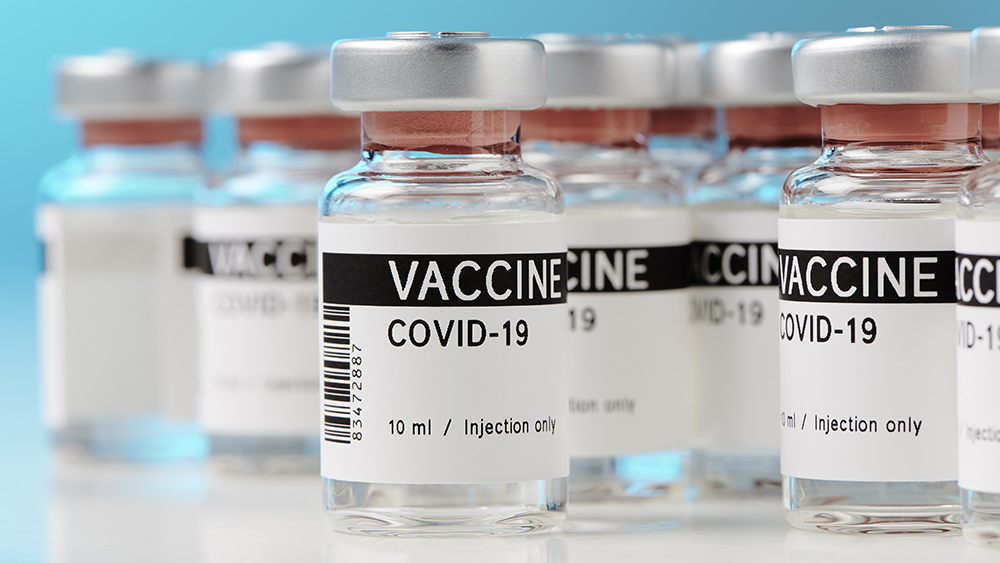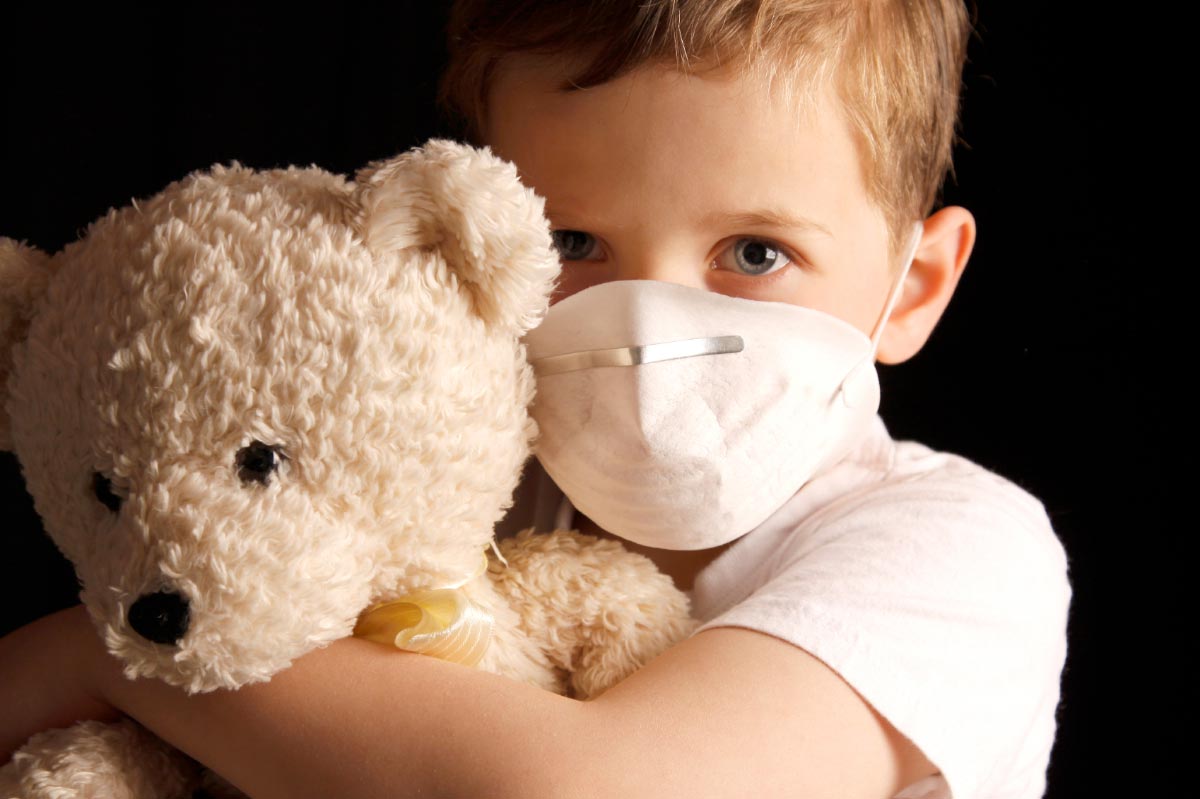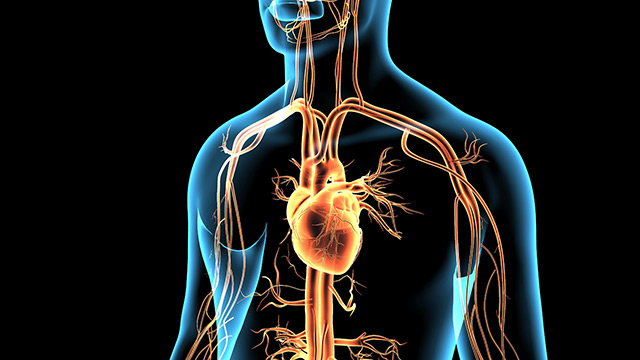Vitamin D deficiency is linked to higher COVID-19 risk and severe outcomes, reveals study
09/12/2020 / By Divina Ramirez

It is a well-known fact that vitamin D performs several important functions, from boosting immune health to regulating blood pressure. Over the past decade, multiple studies have also provided evidence that taking vitamin D could reduce the odds of developing infections like the common cold and the flu.
Given these precedents and the ongoing pandemic, scientists are now eager to determine if vitamin D could also help protect against COVID-19, the disease caused by the Wuhan coronavirus. In a recent study, researchers from Ireland and the U.K. looked at the prevalence of vitamin D deficiency in European countries with varying severity of COVID-19 infection and found a significant correlation between vitamin D levels and COVID-19 risk and death rates.
Optimizing vitamin D status could have potential benefits for COVID-19 patients
The researchers found this association after looking at studies on the vitamin D status of older adults in European countries affected by COVID-19. The researchers chose countries based on their infection rates. The team also obtained COVID-19 death rates for these countries from the World Health Organization.
Upon assessing these data, the researchers found that typically “sunny” countries, such as Spain and Italy (Northern Italy), have surprisingly higher rates of vitamin D deficiency. These countries have also experienced some of the highest COVID-19 infection and death rates in Europe.
On the other hand, northern European countries, such as Norway, Finland and Sweden, had higher mean concentrations of vitamin D despite getting less sunlight due to their geographic location. These countries also reported lower rates of COVID-19 infection and deaths.
The situation is more or less the same in other countries like Ireland, Germany, France and the United Kingdom. Like the Nordic countries up north, these countries have also reported lower rates of COVID-19 infection and deaths.
Furthermore, the researchers found that higher vitamin D levels are more common in the northern European countries due to supplementation and formal fortification policies. Their overall vitamin D status also reflected intake of natural dietary sources, not just fortified foods.
In contrast, countries with the highest vitamin D deficiency rates among the countries sampled had no such fortification policies. These countries also appeared to be more adversely affected by COVID-19.
Given this strong observational evidence, the researchers suggested that optimizing vitamin D status to public health recommendations could enhance overall immune response for better protection against COVID-19 and its outcomes. (Related: Boost your immune system with dietary selenium and vitamin D.)
The researchers also noted that adequate supplementation and increased intake of vitamin D-rich foods appear to be the best course of action given quarantine restrictions preventing people from going out and sunbathing to get their vitamin D.
Nonetheless, research like this is still exploratory, said lead author Eamon Laird, a researcher at Trinity College Dublin. He and his colleagues believe that clinical trials are needed to provide concrete evidence of their observation. Laird and his team’s findings were published in the Irish Medical Journal.
Vitamin D could play a role in COVID-19 mortality rate
So far, most of the evidence supporting vitamin D’s ability to protect against COVID-19 comes from observational studies like the one conducted by Laird and his colleagues.
Studies like these might not prove causation, but they do offer insight into the possible factors that influence the risk of infection and clinical outcomes of COVID-19, such as nutrient deficiencies.
For instance, researchers from Northwestern University in Illinois found that severe vitamin D deficiency and high COVID-19 mortality rates are strongly correlated after studying patient data from 10 countries.
In particular, COVID-19 patients from countries with higher COVID-19 mortality rates, such as Italy, Spain and the U.K., had lower levels of vitamin D than patients from the other sampled countries.
Furthermore, the researchers found that a severe immune reaction called a cytokine storm is responsible for severe COVID-19 outcomes, including death, among patients deficient in vitamin D.
According to lead author Ali Daneshkhah, a cytokine storm can severely damage the lungs and exacerbate respiratory distress in patients. In the context of a viral infection, a cytokine storm is triggered when immune cells produce excessive amounts of proteins called cytokines to fight the infection.
In extreme cases, this response can cause organ failure. Therefore, Daneshkhah says it comes as no surprise that cytokine storms appear to be behind the majority of COVID-19 deaths, not the destruction of the lungs by the virus itself.
Daneshkhah’s co-author Vadim Backman also believes that this is where vitamin D supplementation could become vital. As an immune-boosting nutrient, vitamin D can modulate immune response to infection.
Therefore, having healthy levels of vitamin D could protect COVID-19 patients from experiencing severe complications due to an overactive immune response that leads to death.
Although vitamin D may not prevent a person from contracting the virus, it can help reduce the severity of complications and prevent death among COVID-19 patients.
On the other hand, experts are yet to determine the right dose of vitamin D that will be most beneficial for COVID-19 patients due to the lack of clinical studies. Appropriate supplementation based on the prevailing recommended dosage should be followed in order to avoid the consequences of vitamin D toxicity.
Taken together, these studies contribute to an emerging body of evidence supporting vitamin D’s protective effects against severe COVID-19 outcomes.
Find out what other nutrients can help your body fight the coronavirus at CoronavirusNutrients.news.
Sources include:
Submit a correction >>
Tagged Under:
#nutrition, alternative medicine, coronavirus, covid-19, immune system, infectious disease, natural cures, natural medicine, nutrients, outbreak, pandemic, prevention, remedies, research, supplements, viral infection, vitamin D, vitamin D deficiency
This article may contain statements that reflect the opinion of the author
RECENT NEWS & ARTICLES
COPYRIGHT © 2017 RESEARCH NEWS





















